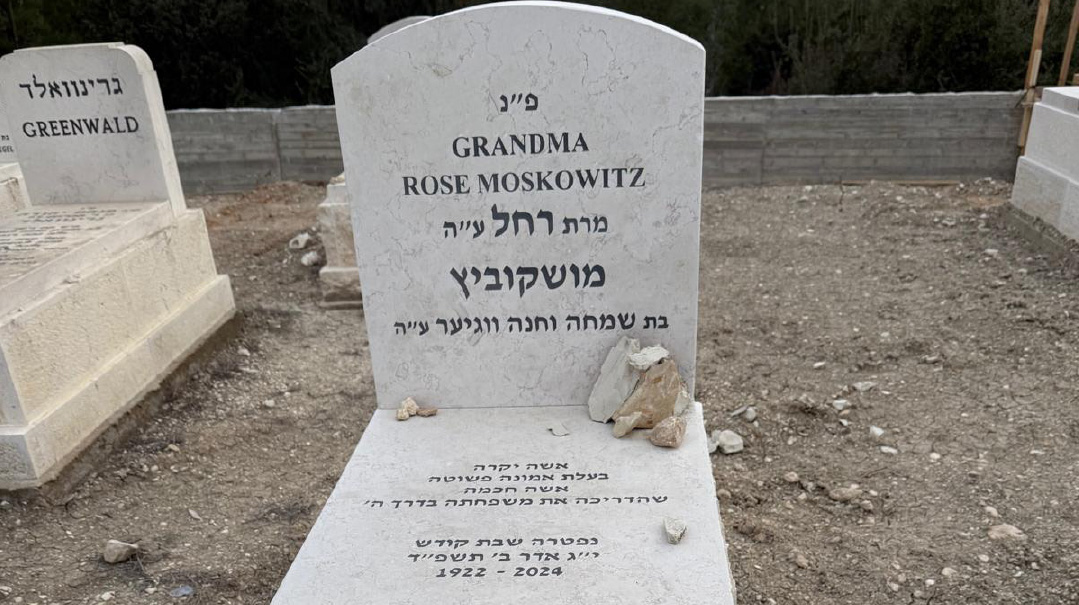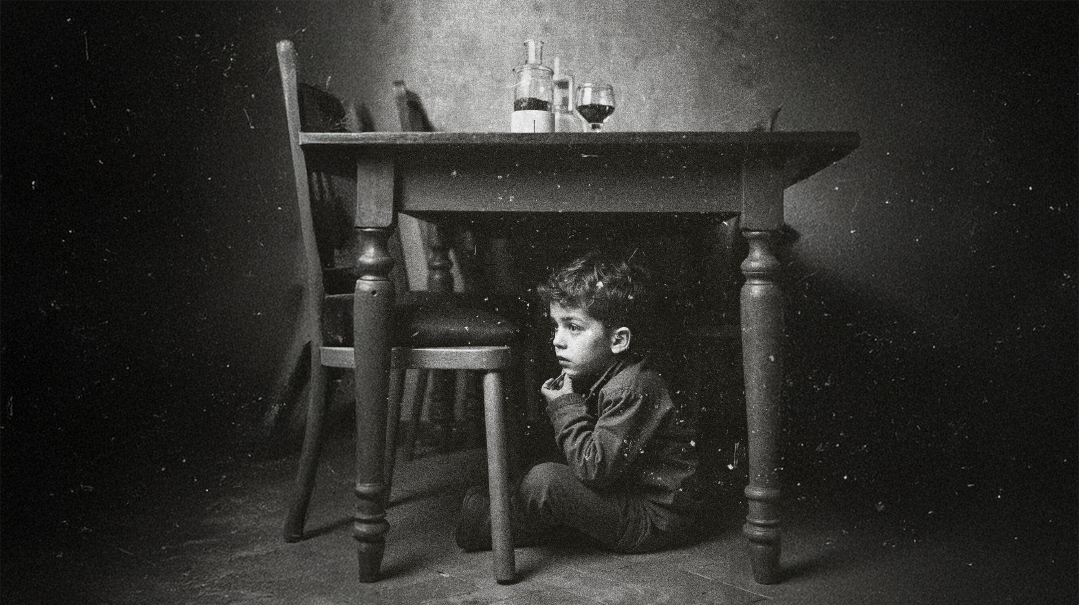Time Is of the Essence

To utilize time wisely and avoid wasting time, one must have a schedule, or as my mother called it, a “tochnit”

I grew up in a home where time was of the essence.
Very early on we were taught that there was no more valuable commodity than time, and it should be regarded accordingly. Actually, time is much more than a precious commodity; it’s the essence of life itself. Once, during a pregnancy, my mother confided to me that to her, one of the most satisfying aspects of pregnancy is that one is never wasting a minute. For nine months, one is being productive in the purest sense of the word, literally 24/7.
To utilize time wisely and avoid wasting time, one must have a schedule, or as my mother called it, a “tochnit.” Even our vacations were structured, as we went from one tochnit to the next. Every day had to be carefully planned in advance. My mother could tolerate us making our own tochnit, even if it included activities not on her preferred list, but there was zero tolerance for a day without a tochnit.
She would quote to us from Chazal (Yoma 75), that one of Moshe Rabbeinu’s earliest takanos for Klal Yisrael in the desert was to eat at specific times. Since the mahn fell at dawn, they had their daily supply of food with them all day, and so they would nibble at the food constantly, as a chicken pecks at his food. Because they were wandering in the desert, seemingly aimlessly, Moshe felt that to function properly, it was essential to structure their day — including mealtimes. Hence an eating schedule was instituted.
When my mother was hospitalized in the final stages of her terminal illness, we, her children, took turns caring for her. One day she told me to take a pen and paper and write down a tochnit for her. Since she was bedridden and could do little besides listen to tapes of shiurim, this made no sense. I assumed she was hallucinating and so ignored her request. She repeated her request again in a firm voice and clear mind, which left me no choice but to comply.
She began dictating: 7:00, wake up and daven; 8:00, listen to tape about emunah and bitachon; 9:00, listen to tape about love of Torah; 11:00, listen to tape about chesed; noon, move over to recliner (the nurses would move her to avoid bed sores) and rest. And so she went on to fill all of her waking hours with similar activities. I obediently wrote down every line of her tochnit. When I finished, she asked me to get some tape and hang the tochnit on the wall next to her bed, where she could see it at all times. I obliged. As she gazed at the tochnit, I could sense an inner peace and feeling of tranquility descend upon her. With a satisfied tone, she declared, “Yetzt bin ich a mensch” (now I’m a human being).
At that time she was under the care of a young doctor who was married to one of my mother’s former students. In fact, this doctor took her into his care, even though strictly speaking, she didn’t belong in his department. In his words: “I want to care for her like I would for my own mother.” And so he did.
One day he entered her room, saw the tochnit taped to the wall, and started laughing and laughing. Since there was nothing funny about my mother’s condition, we were perplexed, perhaps even hurt.
Certainly an explanation was called for. As soon as he composed himself, he told us the following. The morning after his wedding, his new wife woke up and said, “What’s the tochnit for today?”
His retort was pointed: “Are you feeling okay? Did you forget that we got married last night?”
She then declared with conviction, “My morah taught us that a day without a tochnit is not a day lived.”
Now that he saw the morah’s — my mother’s — tochnit, memories of his first day as a newlywed came back to him, and he found it all very humorous. On a more serious note, he said he was both impressed and inspired that Morah not only preached, but also practiced what she preached — and she did, till her last day.
Such an upbringing had to have some effect. Many years later my family was in Miami Beach eating breakfast on a veranda overlooking the ocean. We were close enough to the ocean to hear the surf pounding and smell the salt from the spray. The breakfast was sumptuous, the weather balmy, and the scenery picture-perfect. If there’s Gan Eden in This World, this was it.
Not long after breakfast, I pushed back my chair, got up, and said “Let’s go.”
My son pointedly said, “Abba, go where?”
I sat back down laughing — at myself, of course. We were on vacation, and had nowhere to go! Go explain to him that my mother was whispering in my ear from Gan Eden, “Where’s your tochnit?” and that’s what compelled me to jump up. But unlike my mother, I sat back down.
My mother, who sought to utilize every moment of her life, is now enjoying “overtime” through her inspired children and students who aspire to never waste a minute.
Rabbi Yosef Sorotzkin is the rosh yeshiva of Me’or Eliyohu in Kiryat Telz Stone, Israel, and the author of Meged Yosef Al Hatorah.
(Originally featured in Mishpacha, Issue 896)
Oops! We could not locate your form.





